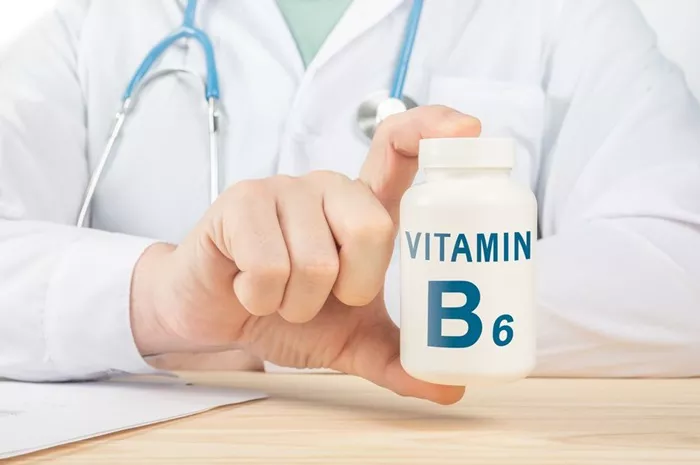As women reach their 40s, their bodies undergo several changes that can impact nutrient absorption and overall metabolism. With age, it becomes increasingly important to pay attention to essential vitamins that support health and well-being. Here’s a look at the top five vitamins that women in their 40s should incorporate into their daily routine to maintain optimal health.
1. Vitamin D
As women age, they often experience a significant decline in bone density and muscle mass, particularly if they lead a sedentary lifestyle. This reduction heightens the risk of bone-related conditions and injuries. To counteract these effects, Vitamin D plays a crucial role in maintaining bone health and supporting muscle function. Ensuring adequate Vitamin D intake can help mitigate these age-related issues and promote overall well-being.
2. Iron
Changes in menstrual cycles and hormonal fluctuations can lead to iron deficiencies in women over 40. According to the World Health Organization (WHO), anemia is a prevalent concern among older women who are not pregnant. To address this issue, it is vital to include iron-rich foods or supplements in your diet to prevent deficiencies and support overall health.
3. Calcium
Calcium is essential for maintaining strong and healthy bones, and its importance increases with age. Women over 40 are particularly susceptible to calcium deficiencies, which can lead to bone problems such as osteoporosis. To prevent these issues, it is recommended to increase calcium intake through dietary sources or supplements.
4. Folate
Folate is not only beneficial for heart health but also crucial for preventing birth defects in newborns. For older women, adequate folate intake can contribute to cardiovascular health and overall vitality. Including folate-rich foods in your diet can help support these functions and maintain health.
5. Vitamin B12
Vitamin B12 is essential for nerve function, red blood cell production, and DNA synthesis. As women age, they may face challenges such as anemia, memory issues, and fatigue due to Vitamin B12 deficiency. Ensuring sufficient Vitamin B12 intake can help alleviate these concerns and promote overall health.
Incorporating these essential vitamins into your daily regimen can play a significant role in maintaining health and addressing age-related changes. It is advisable for women in their 40s to consult with a healthcare provider to determine their specific needs and ensure they are meeting their nutritional requirements.
[inline_related_posts title=”You Might Be Interested In” title_align=”left” style=”list” number=”6″ align=”none” ids=”12272,12269,12257″ by=”categories” orderby=”rand” order=”DESC” hide_thumb=”no” thumb_right=”no” views=”no” date=”yes” grid_columns=”2″ post_type=”” tax=””]


































